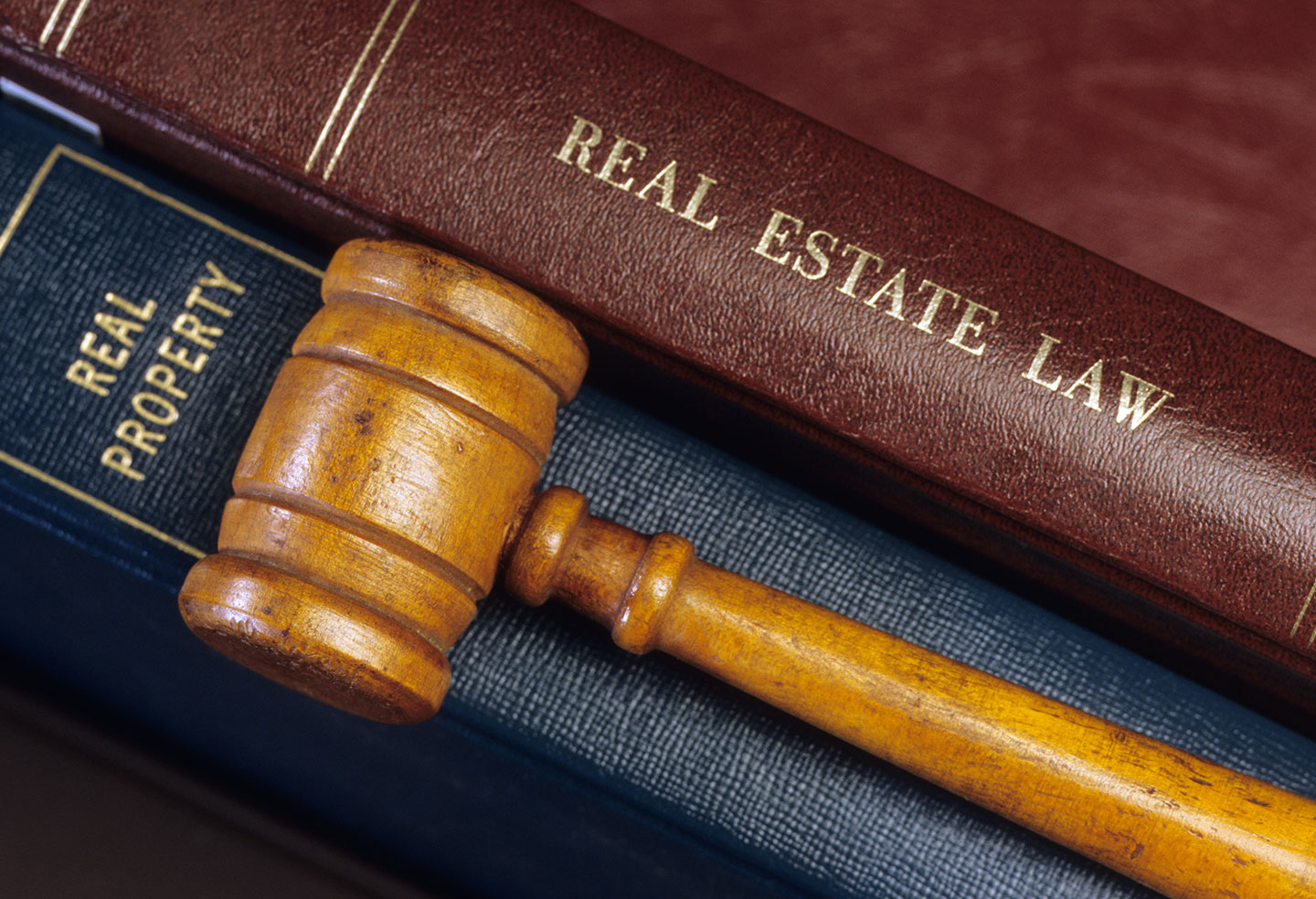Relating to Real Estate

An Estoppel Certificate Might Not Amend a Lease
Does an estoppel certificate signed by a tenant with terms that vary from the underlying lease amend the lease? Not necessarily, according to the Fourth Circuit’s decision in Expo Properties, LLC v. Experient, Inc., 956 F.3d 217 (4th Cir. 2020).
Experient Inc. (Tenant) leased property from Expo Properties, LLC (Landlord) under a lease signed in 1994, which had been amended five times (altogether, the Lease). When Tenant prepared to vacate the property in 2012, Landlord asked Tenant to perform significant move-out work, including repairs to the roof; heating, ventilation, and air conditioning system; and carpeting. Tenant refused, claiming that the Lease did not require Tenant to perform the work.
The Lease allocated responsibility for maintenance and repair between Tenant and Landlord based on which party caused damage and benefitted from the work, as we see in most commercial leases. During the course of the relationship between Tenant and Landlord and their predecessors-in-interest, however, Landlord had sent a letter to Tenant in 1998 (the Letter) stating that “all costs for repairs, maintenance, and capital improvements will be borne” by Tenant. Tenant did not counter-sign the Letter or respond to the Letter.
Additionally, Tenant executed an estoppel certificate in 2006 (the Estoppel Certificate) that stated, “Tenant acknowledges that all repairs … are the responsibility of Tenant.” The Estoppel Certificate also stated that certain provisions of the Lease had been “clarified” by the Letter. The Letter and the Estoppel Certificate were included in the list of lease documents in amendments to the Lease.
Landlord claimed that the Letter and the Estoppel Certificate amended the Lease and required Tenant to perform the desired work. Tenant, in turn, relied on the allocation of the responsibilities in the Lease without modification by the Letter or the Estoppel Certificate.
The Fourth Circuit held that the Letter and the Estoppel Certificate were insufficient to amend the Lease, reasoning that neither document “evinces mutual assent” as required under Maryland law, specifically an intent to be bound and a definiteness of terms. The Letter was only signed by Landlord, and the Estoppel Certificate was only signed by Tenant; the Lease specifically required that any amendments must be signed by both parties. Further, the Fourth Circuit found that the Estoppel Certificate was not sufficiently clear to demonstrate a meeting of the minds on revised terms for the Lease. The Lease, in contrast, includes clear and unambiguous terms on the allocation of maintenance and repair responsibilities between the parties. As such, the Fourth Circuit rejected Landlord’s claims that Tenant was responsible for the requested repair work.
Practice Note: The court focused on the cleanest path to a resolution in this case — read the Lease and stick with its terms. In contrast, real estate practitioners know that lease files are often messy and that letters and estoppel certificates need to be read closely and revised or rejected when incorrect. The court also conveniently avoided discussion of the fact that the Estoppel Certificate was signed by Tenant (since the Estoppel Certificate included terms that were against Tenant’s interest) and did not address the argument that estoppel certificates are generally deemed to be accepted by the parties who rely on their terms. In part, it appears that the court thought that Landlord was overreaching in its request for additional funds from Tenant and that Landlord had crafted a reading of the Letter and the Estoppel Certificate to fit its purpose.
Many of the issues in this case could have been addressed by amending the Lease if the business deal between the parties changed. Such an amendment could have been included as part of the Estoppel Certificate, but it should have been clearly identified as a lease amendment.
For questions, contact Edward J. Levin.
Ed Levin
410-576-1900 • elevin@gfrlaw.com